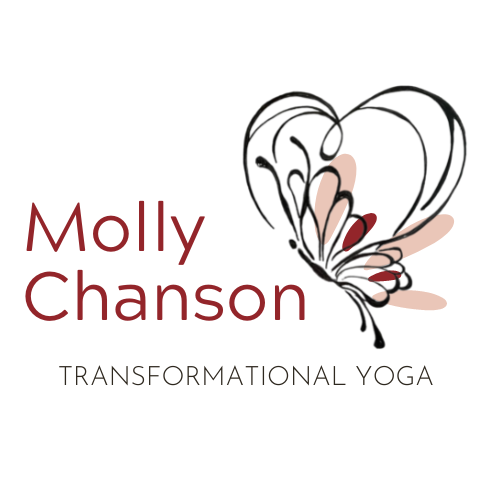Trust Yourself. Trust Your Truth.
Saying our truth out loud is scary and takes guts. Because we want to admit our truth and then have the other person agree with us, to validate our feelings and intuition. But the reality is that over and over again, when we admit our truth, we are met with criticism, questioning, or blame. Our truth is ours regardless. Even if the whole world tells us we are wrong, or that they disagree, their opinion and reaction do not change our truth.
This is super hard to put into practice. Believing our truth regardless of what others think, especially those we love, takes deep awareness and trust in ourselves. For me, most of my life my truth has been questioned and challenged by everyone else, maybe especially by those who I think have my back. Many times when I have spoken my truth, or told someone how I feel, my admission has been twisted, or thrown back in my face. I have been made to feel that something is wrong with me for having this feeling, this truth.
Nothing is wrong with me, and nothing is wrong with you. Our truth is not made any more or less real when accepted by other people. Our truth simply IS.
In recovery, this looks like not putting myself in a situation that is harmful to my values, or my highest self. When I put my truth into practice, maybe by not going to the bar, or not participating in an event that no longer brings me fulfillment, I risk losing people. I risk people not wanting to hang out with me. But that doesn't make my own truth - the fact that I protect myself when it comes to my addiction - any less real.
In relationships, because we love the other person, the ideal situation is that we share our truth about something, and our partner responds with compassion and understanding. It would be great if every time we admitted a feeling or need, the person we were telling agreed and saw it from our side. When they don't, or when we think their reaction will be one of attack or disbelief, we might try to manipulate our truth by telling ourselves that we don't really feel that way. We bend our truth in order to meet the other person, but this usually ends with an icky feeling in our stomach and a fogginess in our mind. We have spoken, so why do we still feel unsettled?
Unless we own our truth, admit who we are and what we need, we will always be betraying our Self. And self-betrayal leads to anxiety, depression, illness, and worse - lost identity. Not knowing who we are, and an inability to trust our own intuition, leaves us vulnerable to the whims and demands of everyone else. We become victims, because we feel we have no say.
We can trust our intuition even if no one else agrees. We can trust our gut even when people react poorly or in a way that makes us question what we feel.
Our intuition erupts from a place deep inside our soul. That's why we physically feel it - as a stomachache, a tingling on our neck, or a restlessness in our mind. Our intuition is divinely guided and spiritually sound. Our intuition depends on no one else but us to bring it out.
Stating our truth and honoring it might not bring the results or the reaction we want. In fact, admitting our truth can often lead to turmoil, pain, and a difficult road ahead. Our instinct is to acquiesce or keep quiet in order to avoid conflict and pain. But when we trust enough to bravely say how we feel, and launch our self over the hump of remaining passive and easy-going for the sake of someone else, or for society, our body immediately responds to say we are ok. Our anxiety goes away. Our heart lifts and we feel lighter. We can breathe again, and despite what might be ahead as a result of our truth, it is always progress towards healing and recovery.
The world needs you to be who you are. The world needs you to share your truth so it can be a point of healing for others.
You can do it - no matter what it is you have to say, I believe in YOU.

